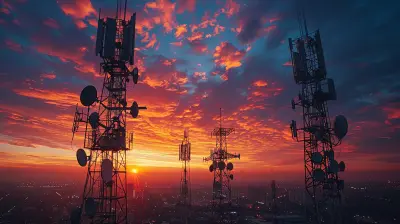The Future of 5G: What It Means for Connectivity and Innovation
12 November 2025
5G has been a buzzword for years, but we're finally starting to see its real impact. It's not just about faster internet on your phone—it’s about a complete transformation of how we connect, work, and innovate. But what does the future hold for 5G? Will it live up to the hype? Let's dig in.
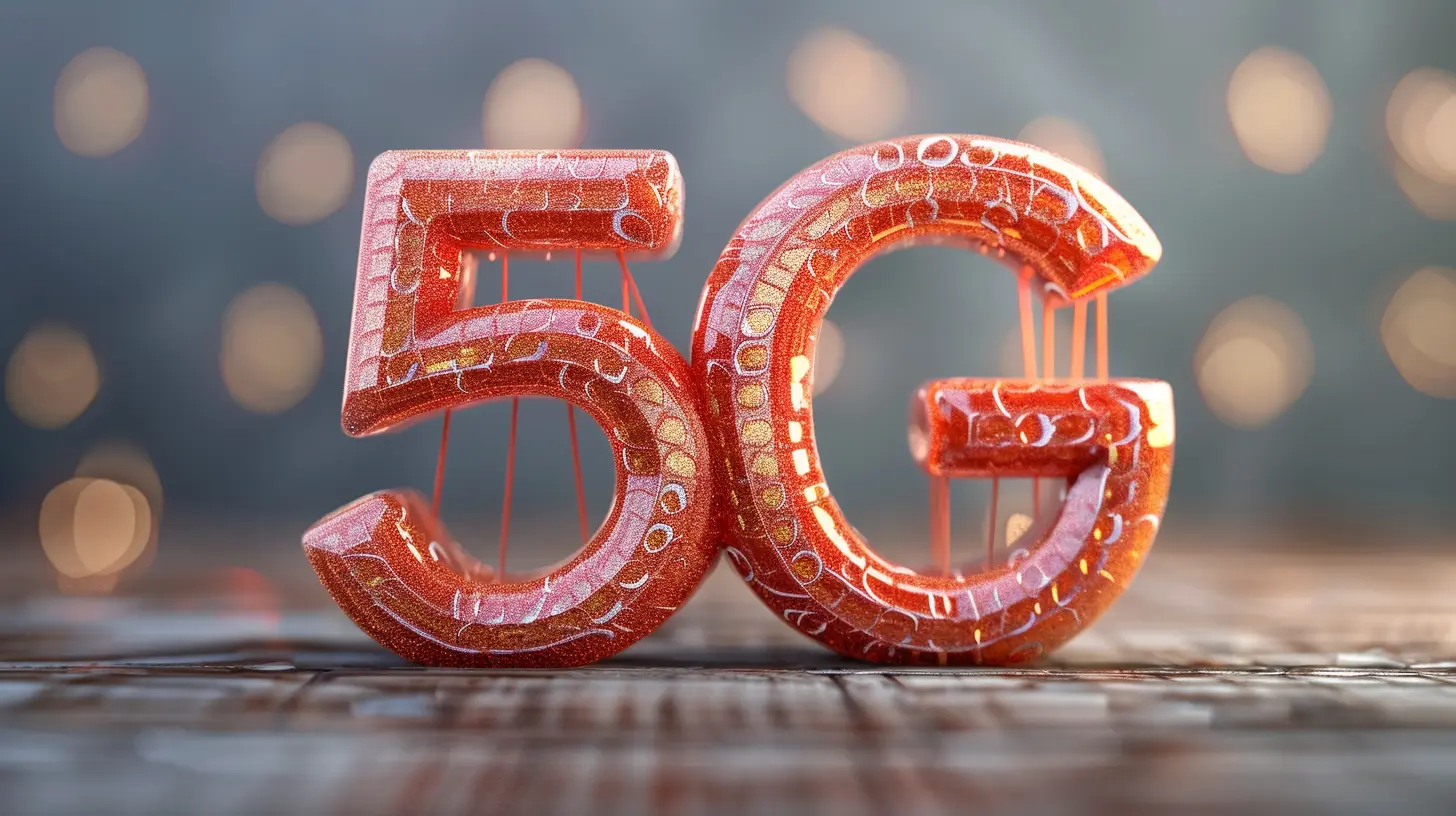
What Is 5G, and Why Does It Matter?
Before we jump into the future, let’s break down what 5G actually is. It’s the fifth generation of wireless technology, and it’s a massive step up from 4G. The key improvements?- Blazing-fast speeds – We’re talking about download speeds that can reach 10 Gbps!
- Ultra-low latency – Reducing delay to as little as 1 millisecond.
- Massive connectivity – Connecting millions of devices per square kilometer.
But why does this even matter? Well, think about it—everything we do relies on data. From streaming Netflix to autonomous cars, faster and more reliable connections mean better overall experiences.
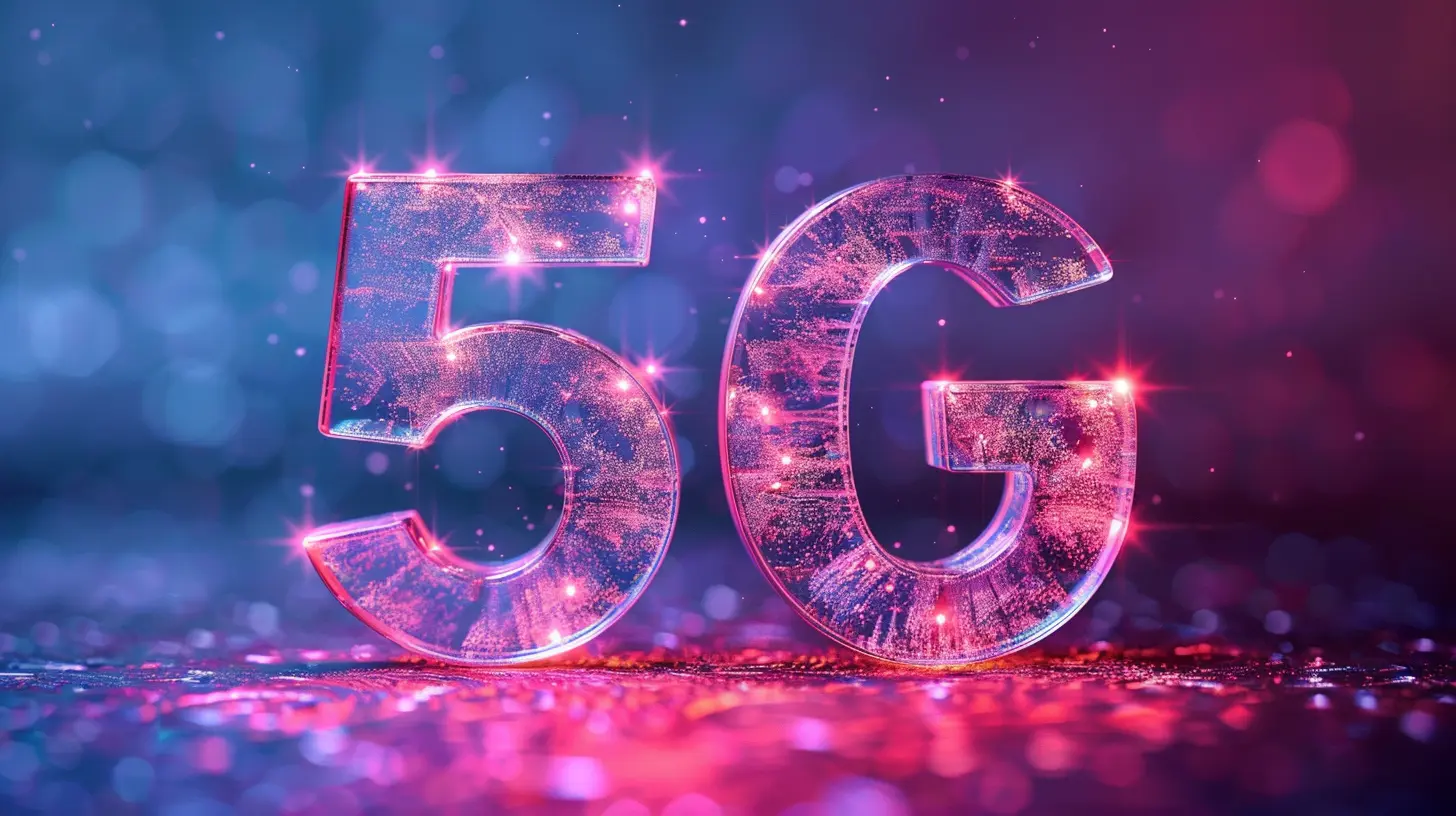
The Present State of 5G
Right now, 5G is still in its rollout phase. Some countries have embraced it quickly, while others are lagging. There are also different versions of 5G—some are faster than others, depending on the frequency bands used.Challenges in the 5G Adoption
Despite the promise of 5G, we’re not quite in the "future" yet. Here’s why:- Limited Coverage – Many areas still don’t have full 5G access, especially in rural regions.
- Expensive Infrastructure – Deploying 5G requires new towers and equipment, which aren’t cheap.
- Device Compatibility – Not all phones and gadgets support 5G yet.
However, progress is happening, and as infrastructure grows, adoption will accelerate.
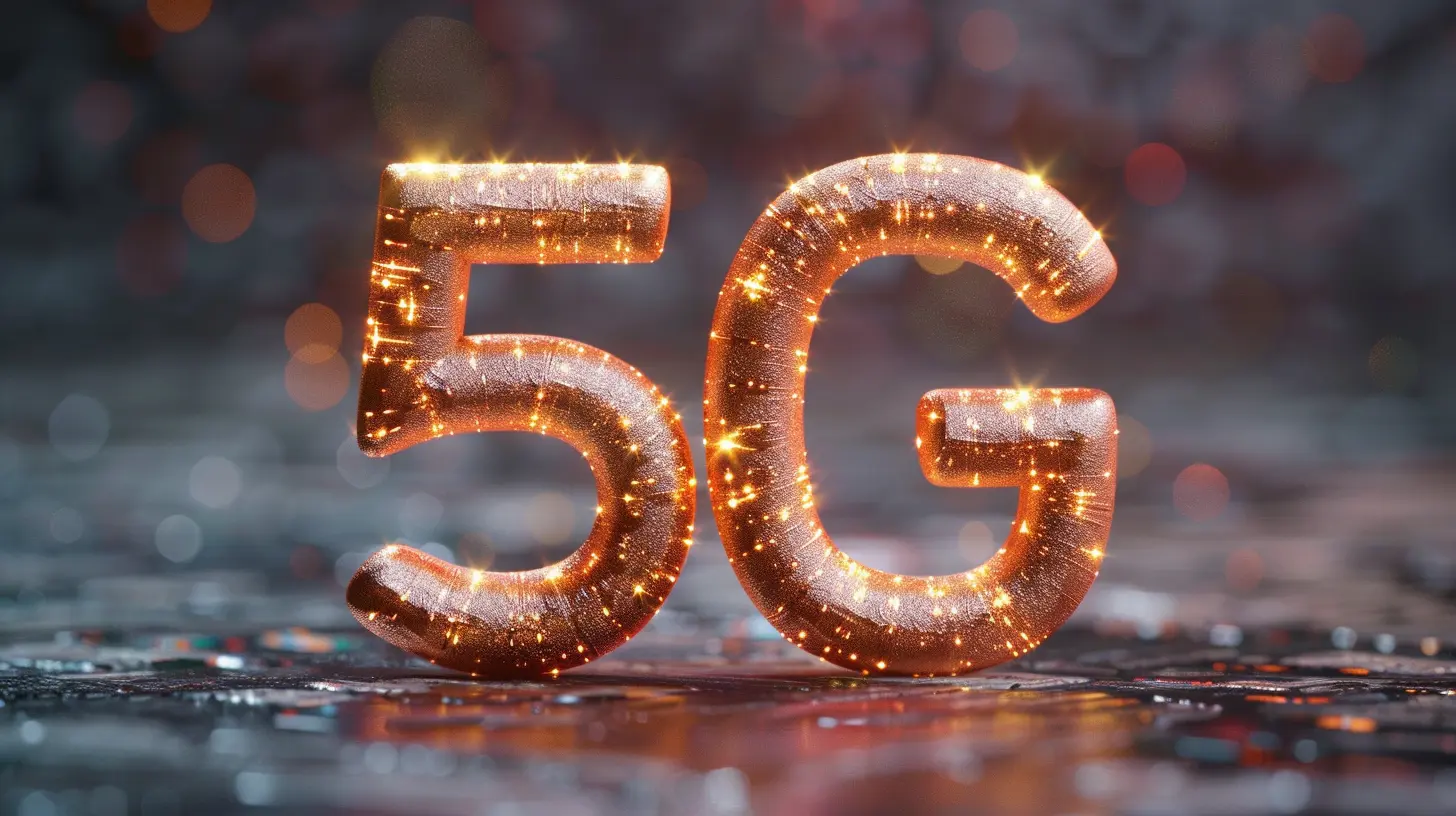
How 5G Will Transform Connectivity
So, what does a fully rolled-out 5G network mean for connectivity? Spoiler alert: It’s a game-changer.1. Faster and More Reliable Internet
Imagine streaming 4K (or even 8K) videos with zero buffering. Or downloading a full movie in seconds. With 5G, slow connections will be a thing of the past.2. Better Smart Cities
5G will supercharge smart cities, making traffic management, energy distribution, and public services much more efficient. Think of streets where traffic lights adjust in real time to minimize congestion.3. Seamless IoT Integration
The Internet of Things (IoT) is growing, and 5G will take it to the next level. Imagine smart homes where all devices communicate instantly, without lag. Your fridge could automatically order groceries the moment you run out of milk.4. Enhanced Mobile Gaming and AR/VR Experiences
Gaming and augmented reality (AR) will benefit big time. With lower latency, cloud gaming will become smoother, and AR applications—like virtual meetings in a 3D space—will feel incredibly real.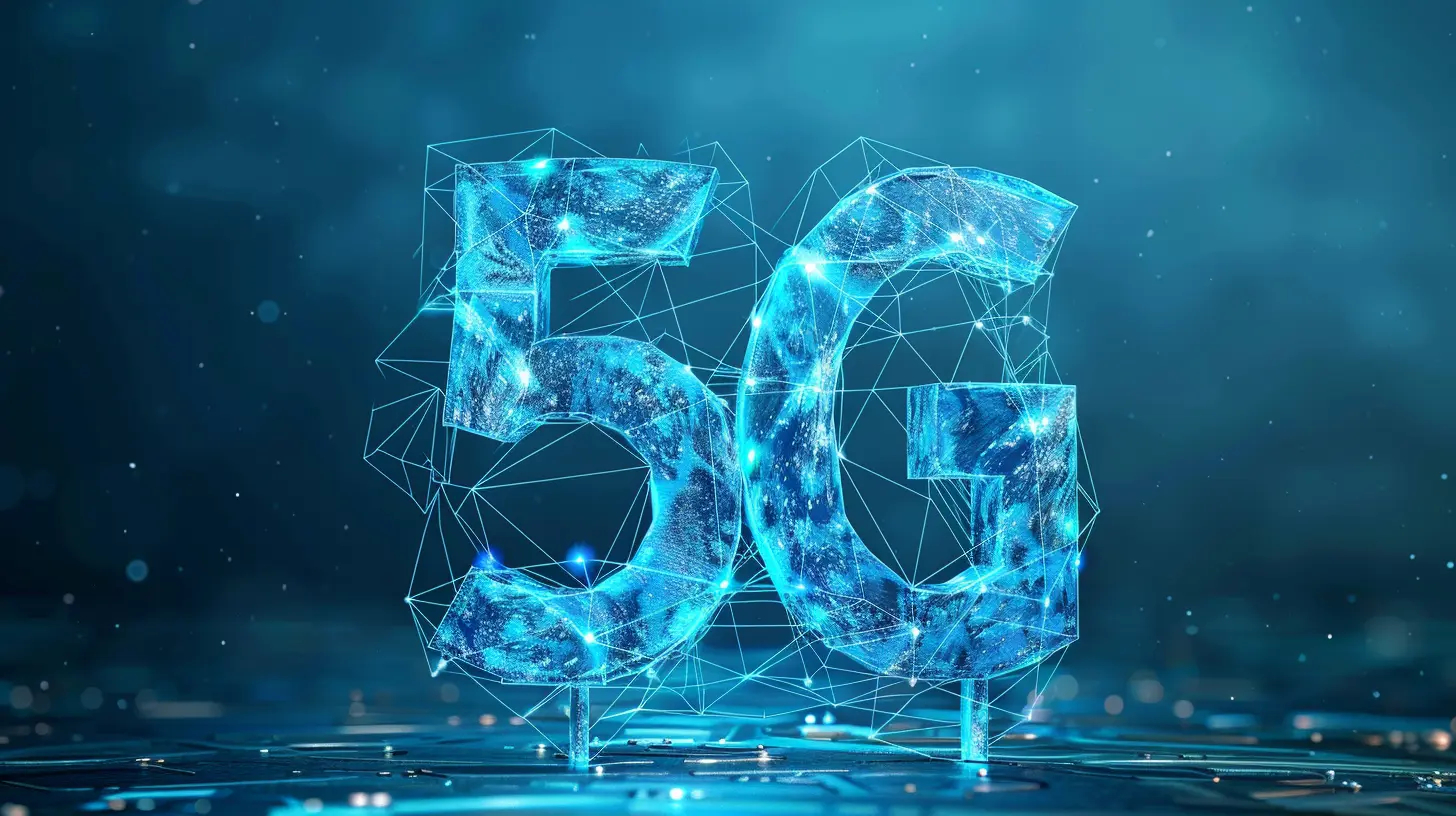
The Future of 5G in Innovation
Beyond everyday connectivity, 5G will open doors for new innovations. Here’s what’s coming:1. Revolutionizing Healthcare
Think about remote surgeries where a doctor controls robotic arms from miles away in real time. With near-zero latency, 5G will make that possible! Telemedicine will also improve, allowing instant high-quality consultations.2. Self-Driving Cars at Full Potential
Autonomous vehicles need ultra-fast responses to avoid accidents. 5G enables real-time car-to-car communication, making self-driving technology safer and more reliable.3. Next-Level Industrial Automation
Factories will become smarter with 5G-powered robotics and automation. Machines will work faster, communicate better, and create more efficient production lines.4. Education Without Borders
With high-speed connectivity, students from remote areas will have access to top-quality education through immersive online experiences. Virtual reality (VR) classrooms will become more common.5. Holographic Communication
Remember those sci-fi movies where people make holographic calls? 5G could turn that into reality by allowing ultra-high-speed data transfer for real-time hologram projections.Is 6G Already on the Horizon?
As crazy as it sounds, some companies are already working on 6G. While we haven’t fully tapped into 5G’s potential yet, researchers are looking ahead. Predictions suggest 6G could be 100 times faster, but that’s still years away. For now, businesses and consumers must focus on maximizing 5G’s benefits.
Will 5G Replace Wi-Fi?
A common question is whether 5G will make Wi-Fi obsolete. The short answer? Probably not. While 5G is powerful, Wi-Fi still plays a crucial role, especially for indoor connectivity where 5G signals can be weak. Instead of replacing Wi-Fi, 5G will likely complement it.The Dark Side of 5G
Like any technology, 5G isn’t without its concerns.- Security Risks – With more connected devices, hacking threats could increase.
- Privacy Issues – Faster networks mean more data collection, raising privacy concerns.
- Health Concerns – Though there’s no solid evidence, some people worry about potential radiation risks.
However, stricter regulations and advancements in security protocols will help mitigate these challenges.
Final Thoughts
The future of 5G is bright, and its impact on connectivity and innovation will be massive. From transforming cities to revolutionizing healthcare, 5G is much more than just a faster network—it’s the foundation for the next digital revolution.While there are challenges to overcome, the benefits far outweigh the drawbacks, making 5G a key player in shaping the future of technology. Get ready, because the world is about to change—faster than ever before!
all images in this post were generated using AI tools
Category:
TelecommunicationAuthor:

Ugo Coleman
Discussion
rate this article
1 comments
Linnea Davis
Unlocking hidden potentials, 5G whispers of innovations yet to be unveiled. Are you ready?
November 12, 2025 at 11:49 AM

Ugo Coleman
Absolutely! The future of 5G promises transformative changes in connectivity, paving the way for unprecedented innovations. Exciting times ahead!

